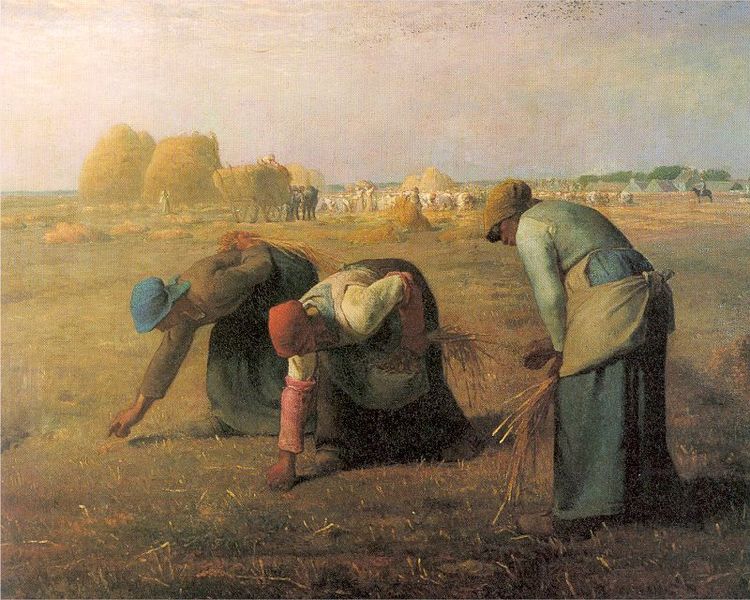John Burgess at Crossroads Arabia recently posted
concerning women's medical status in Saudi Arabia. In the case cited, a woman in labour needed a Caesarian, but her husband had signed papers disallowing the procedure, even if it meant death for his child. The Saudi doctor involved
managed to persuade the husband to change his mind, but he was shaken. He also came to the conclusion that the ultimate decision in cases like that should be left in the hands of the mother. It's awfully hard to argue with a conclusion like that (although any number of Wahhabis probably would) and I'm certainly not going to be the one to do it.
One of the commenters though brought up an excellent point:
However, in the West, we have many issues to the other extreme. Men are not consulted regarding abortions. Also, many women have given up children for adoption without the man’s knowledge, or consultation. Custody for men was also rarely given, despite circumstances.
Justice is rarely found at extremes and these are the two extremes: when women have no say and when men have no say.
In any properly functioning system, authority and responsibility must go hand in hand. You cannot strip someone of any authority and at the same time impose responsibility on them, or vice versa. If we are going to strip men of any say in what happens to their children, we must also absolve them of all responsibility too.
Not that I would advocate doing so. A balanced approach, that recognizes the rights and responsibilities of all three people involved in the birth of a child, is the ideal. Most couple probably find this balance all on their own - I know that this was the case in our home. But the courts must often make decisions when couples haven't been able to resolve these issues on their own, and the lawmakers in Western countries should be looking for a better balance when it comes to the rights and responsibilities of fathers.
 I've been more than a little bit miffed with Michael J. Fox and his foray into American politics. While I am very sympathetic to his condition, I don't think it justifies killing babies to solve his problem (or any of my medical problems either). Not only that, it's a highly dishonest ad. Embryonic stem cell research has not shown great promise at all, while adult stem cell research has got an enviable track record. The current limitations on embryonic stem cell research do not threaten any of the advances made so far. The Anchoress spells it all out and backs it all up.
I've been more than a little bit miffed with Michael J. Fox and his foray into American politics. While I am very sympathetic to his condition, I don't think it justifies killing babies to solve his problem (or any of my medical problems either). Not only that, it's a highly dishonest ad. Embryonic stem cell research has not shown great promise at all, while adult stem cell research has got an enviable track record. The current limitations on embryonic stem cell research do not threaten any of the advances made so far. The Anchoress spells it all out and backs it all up.







